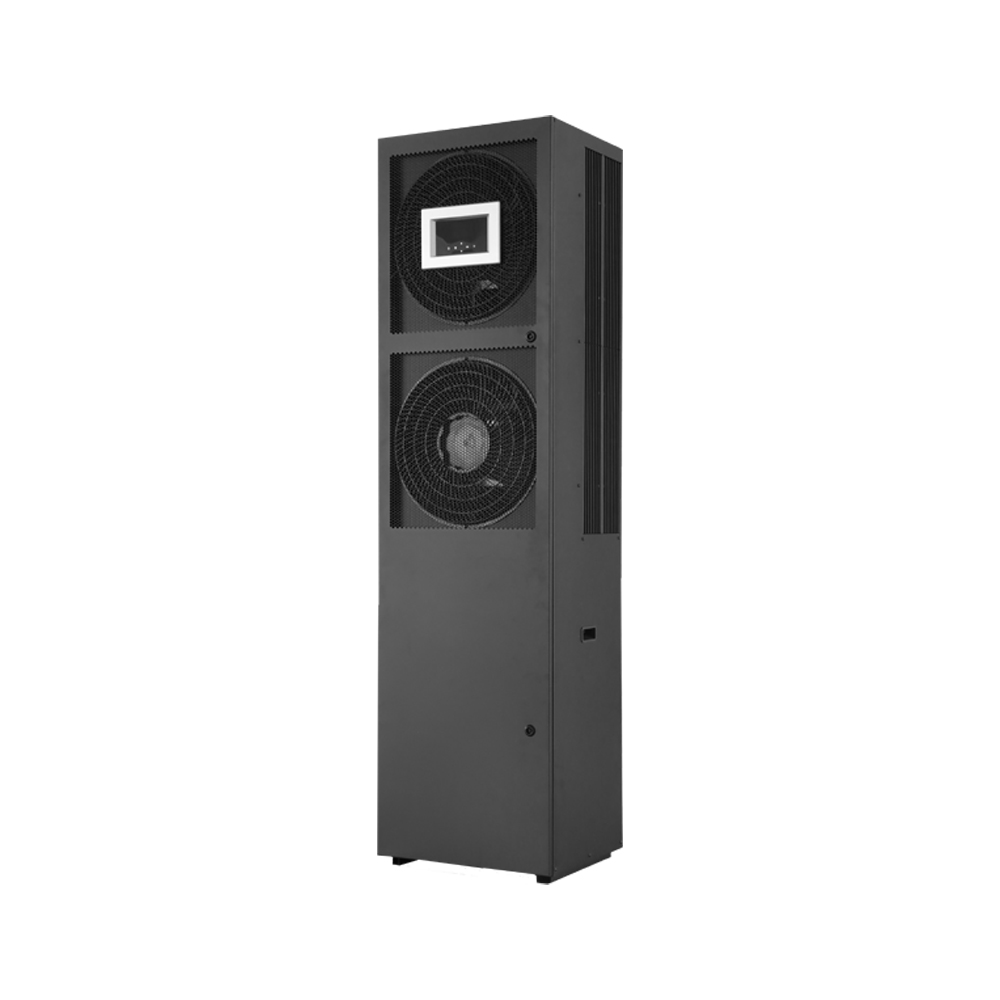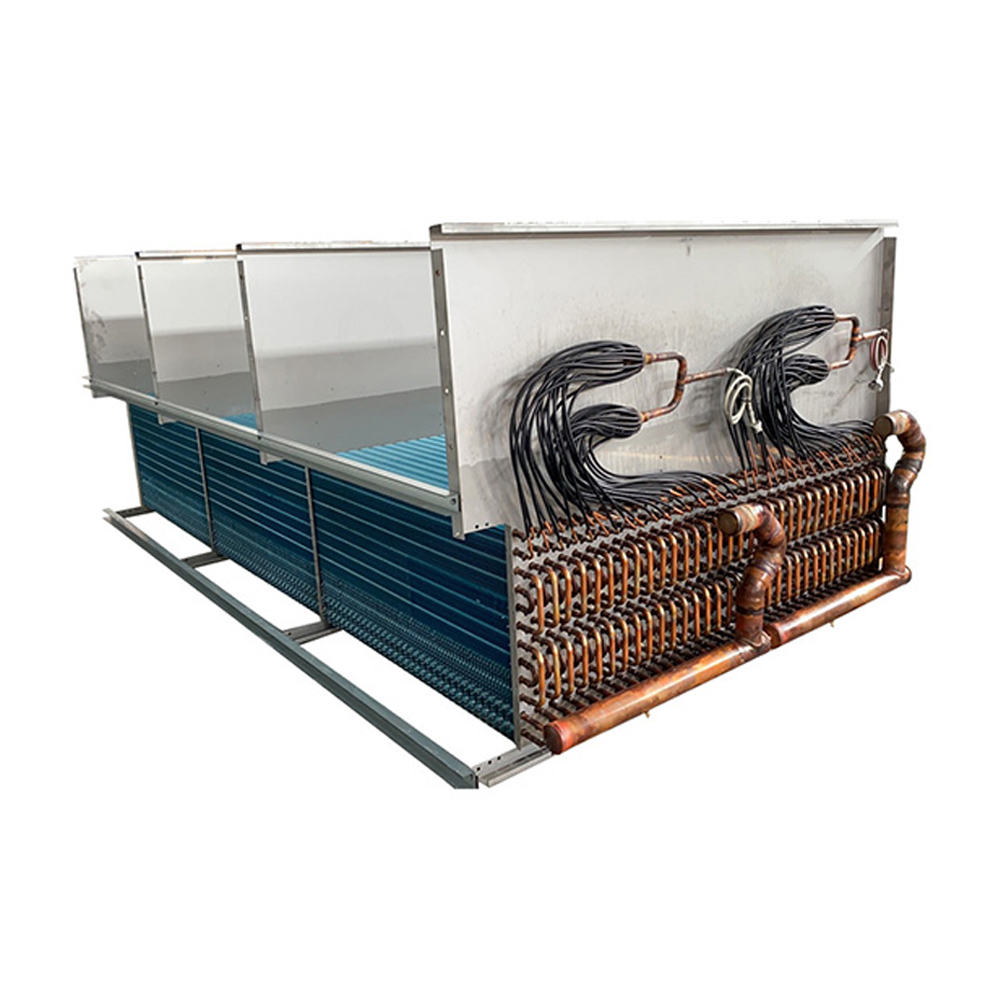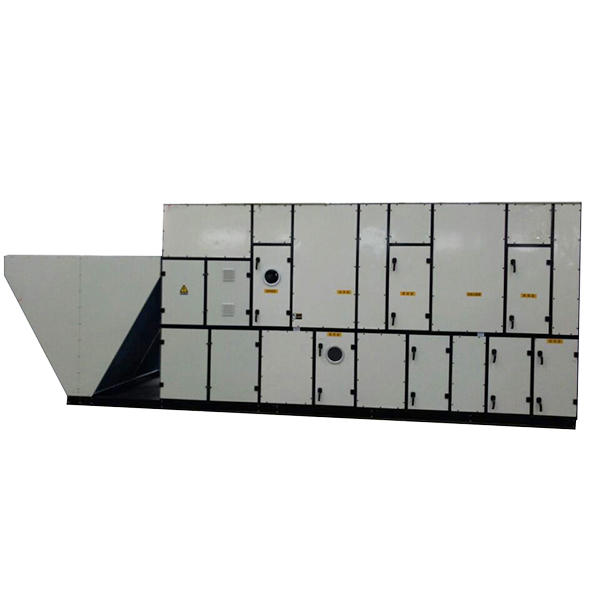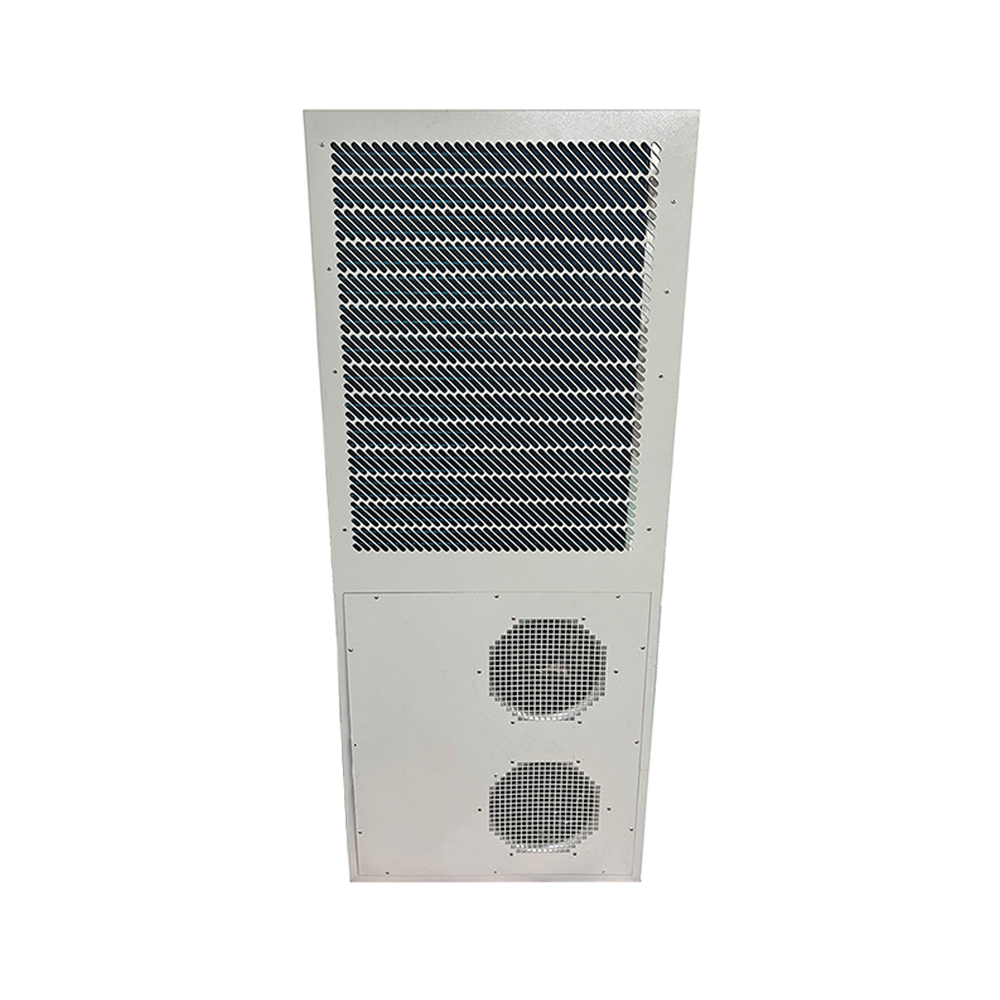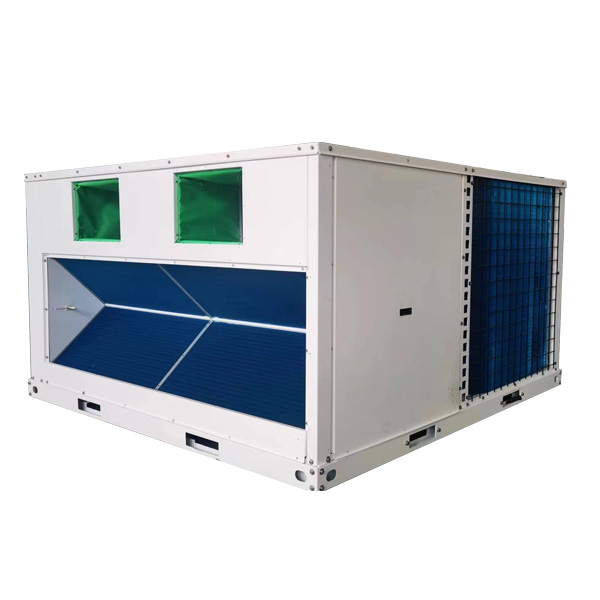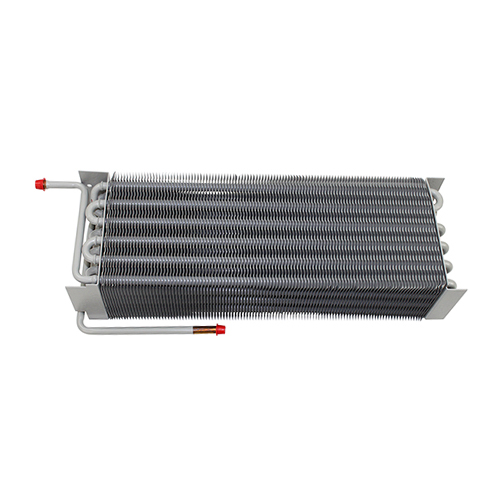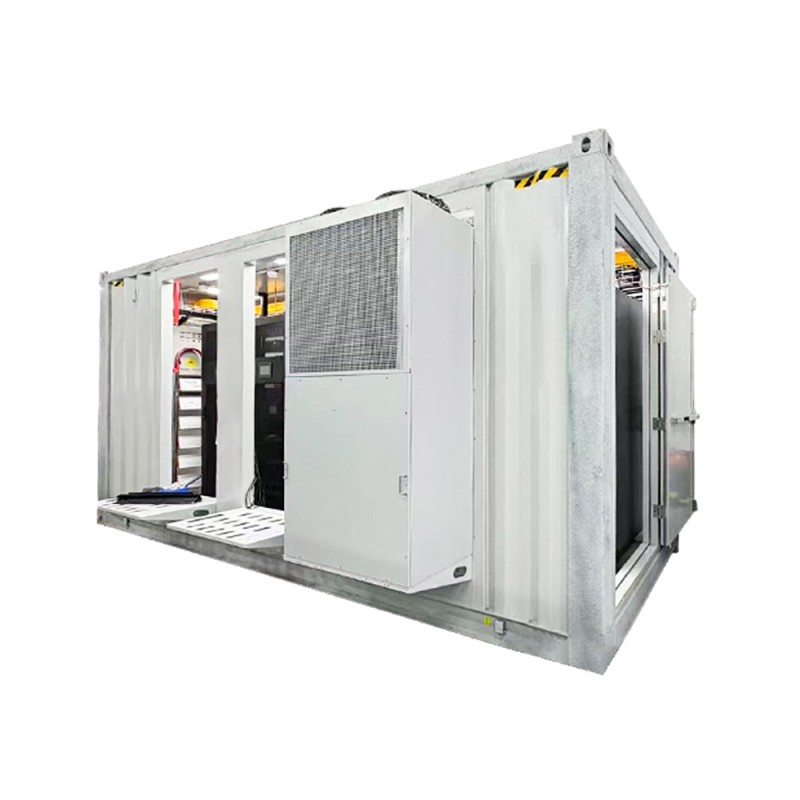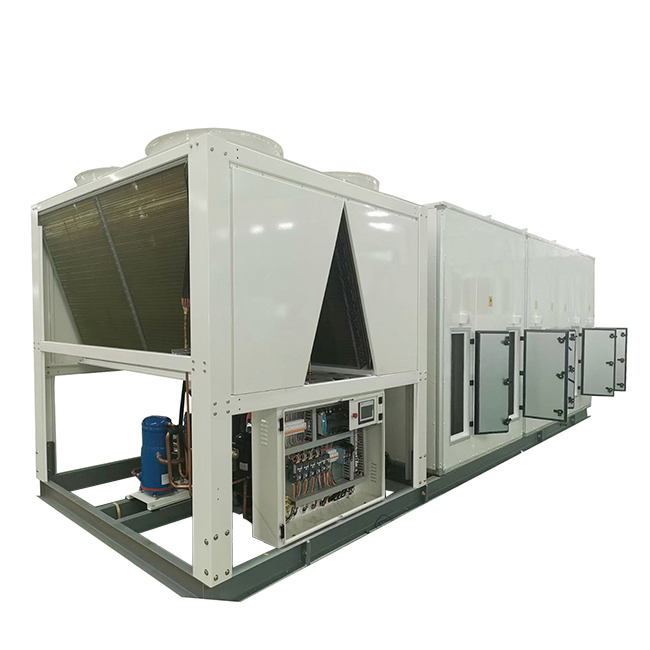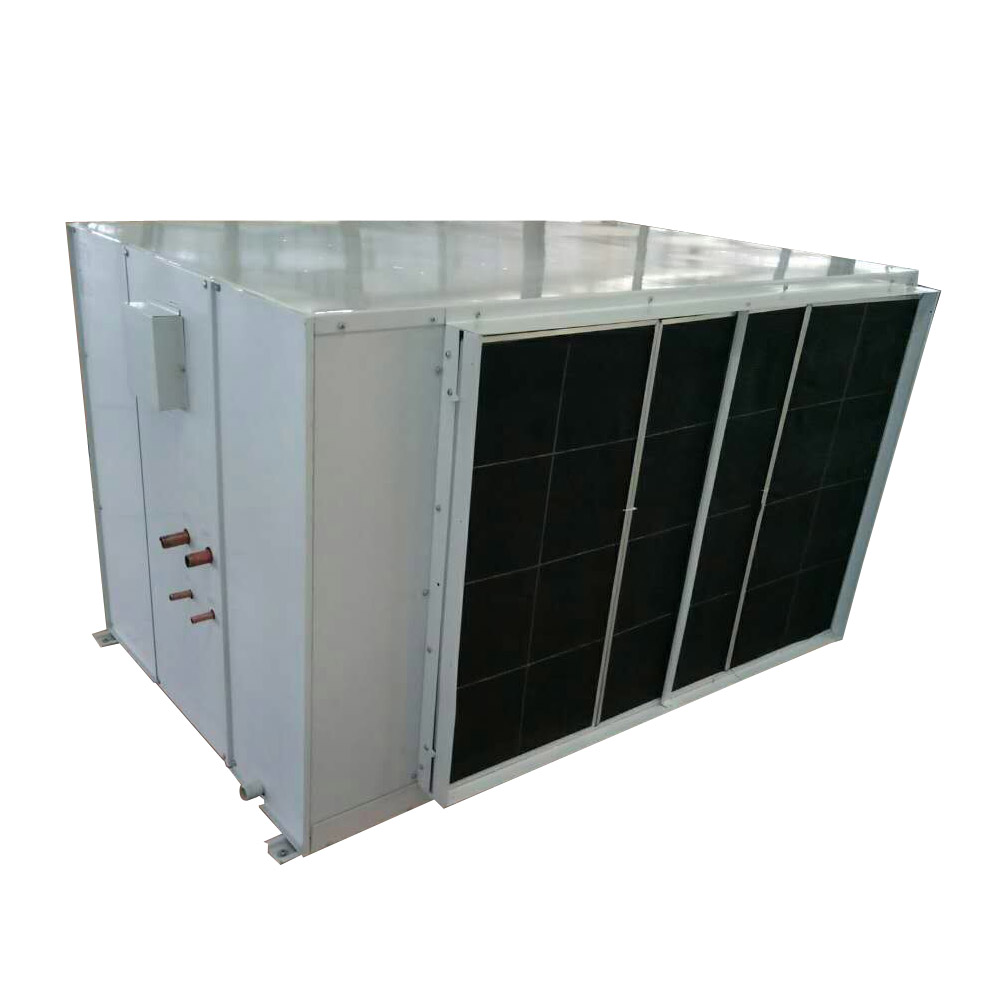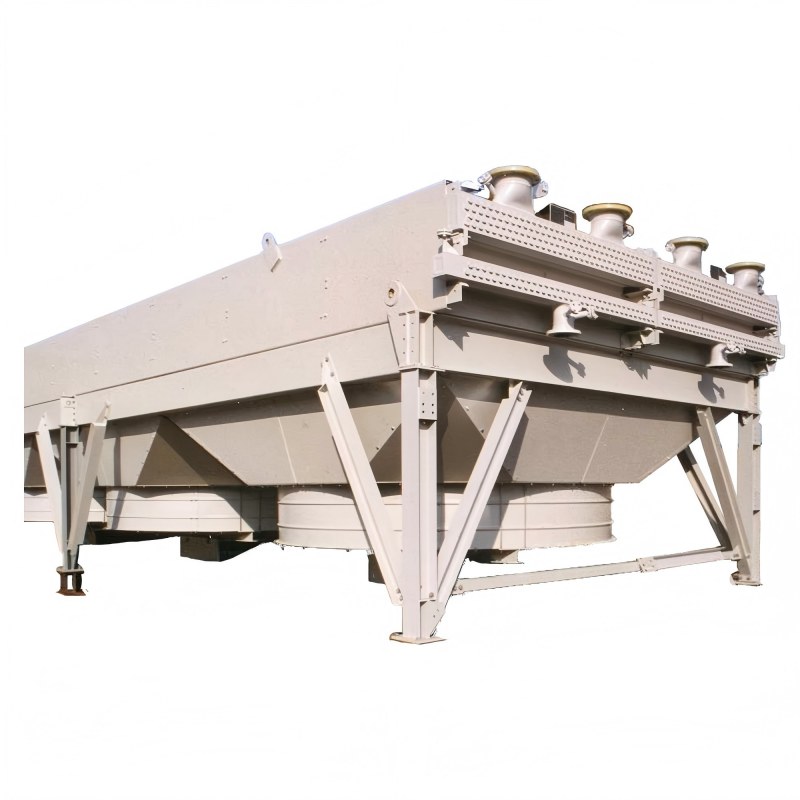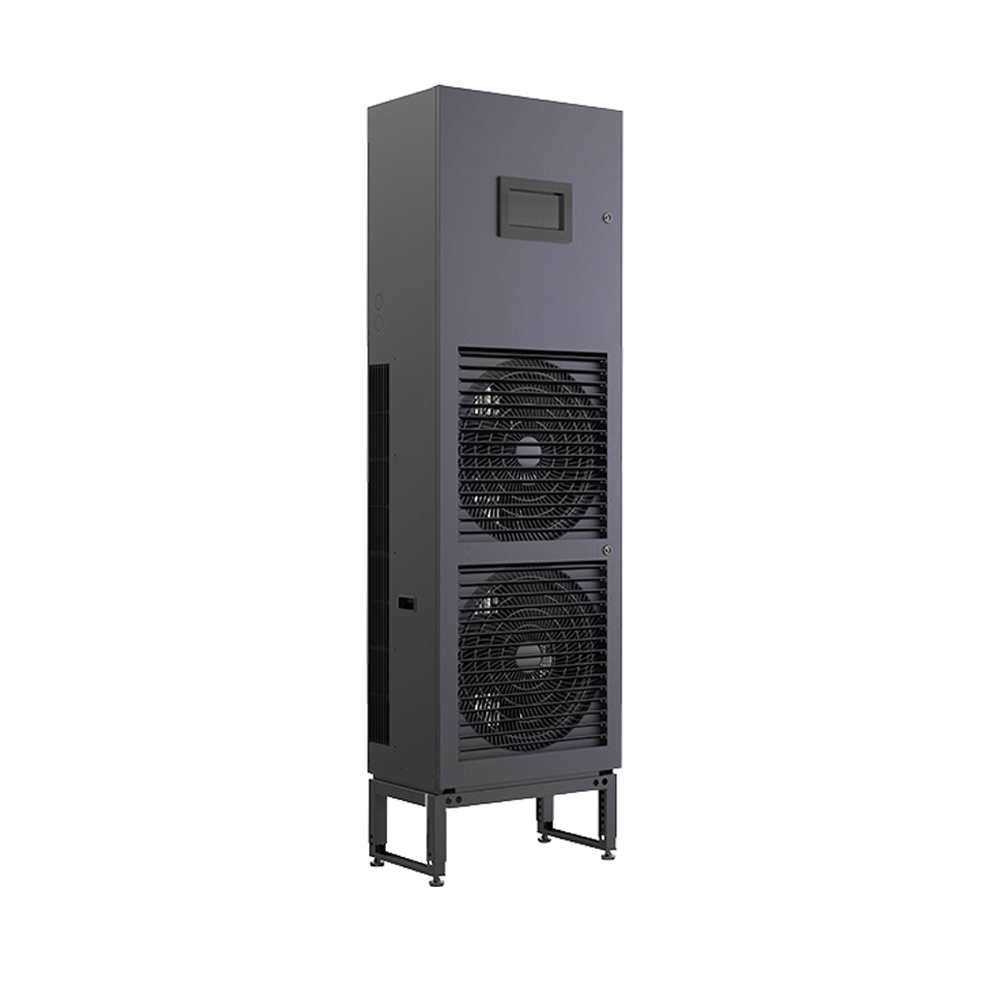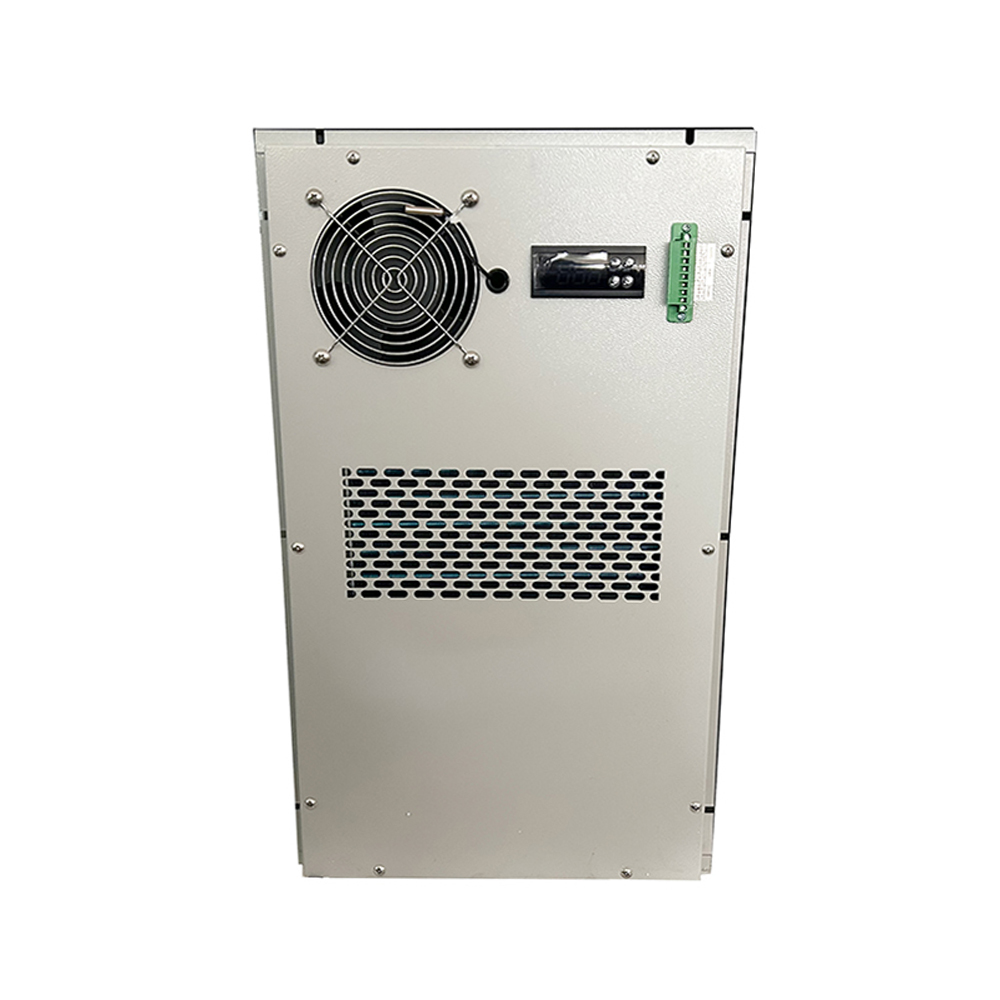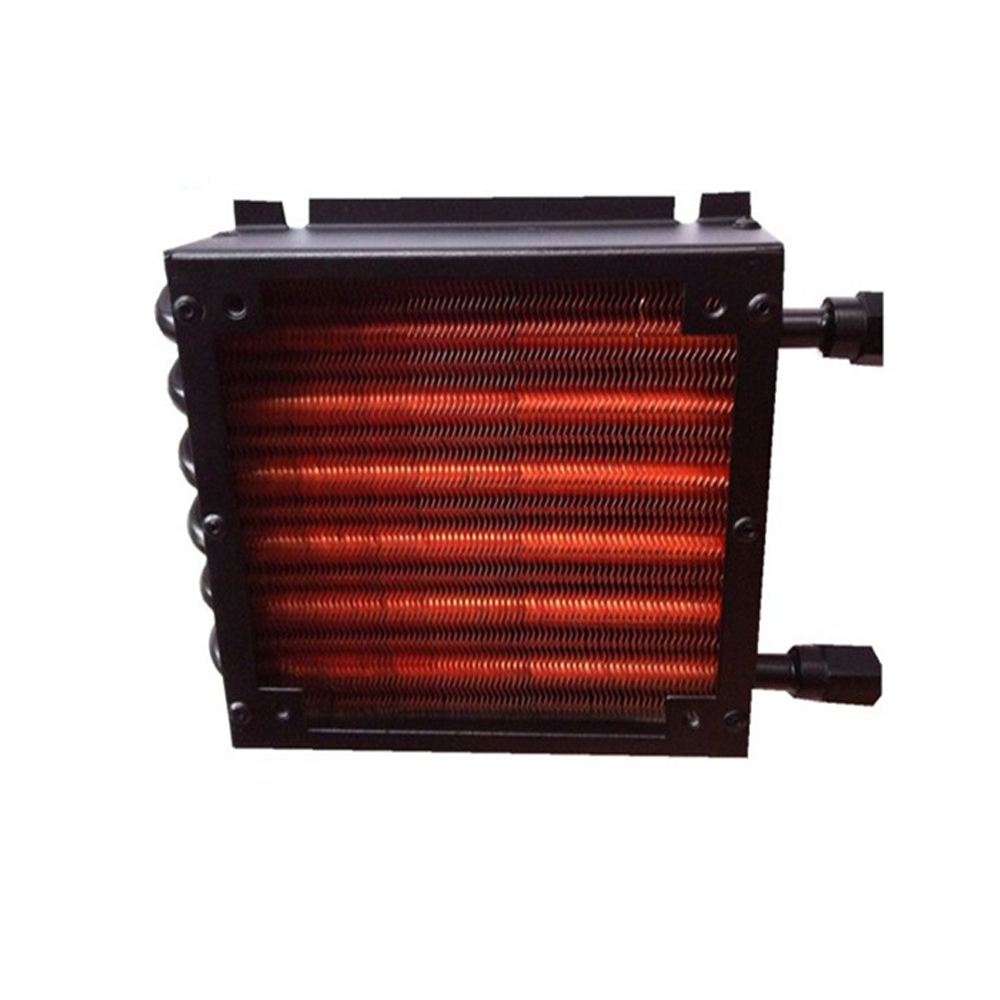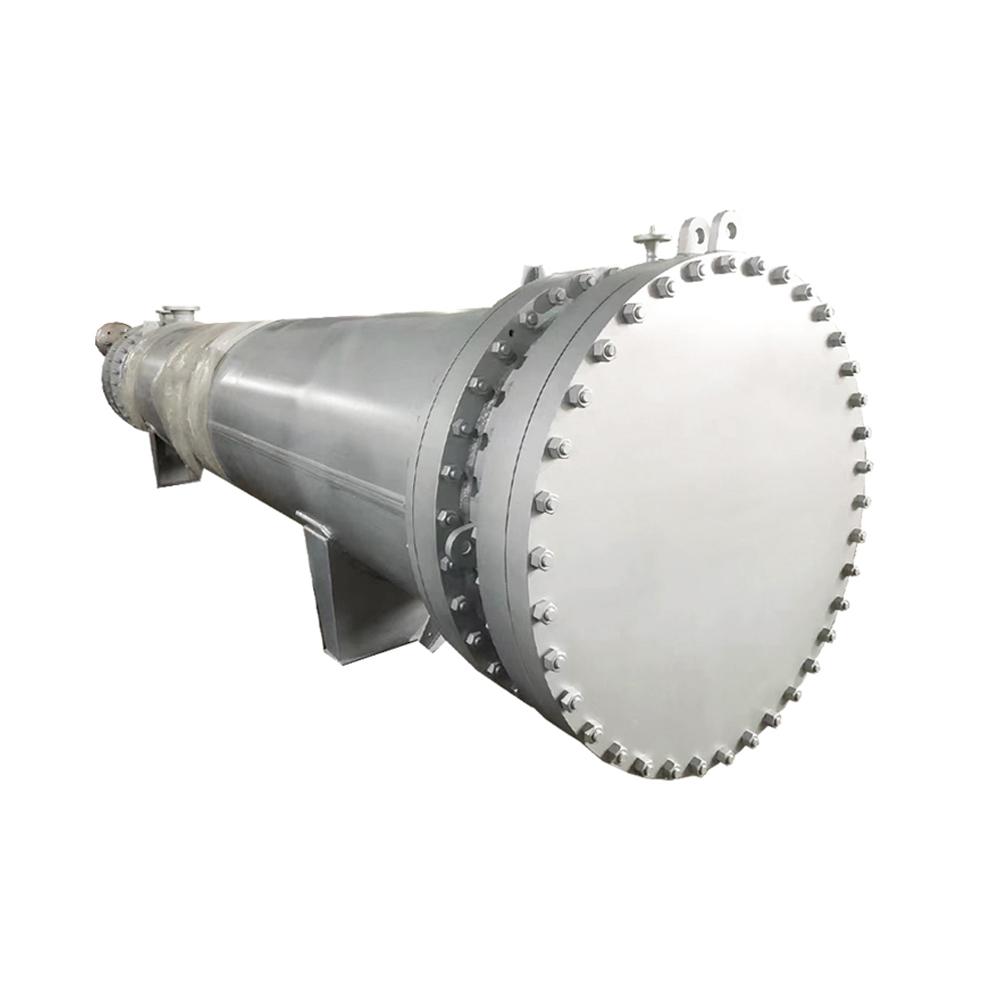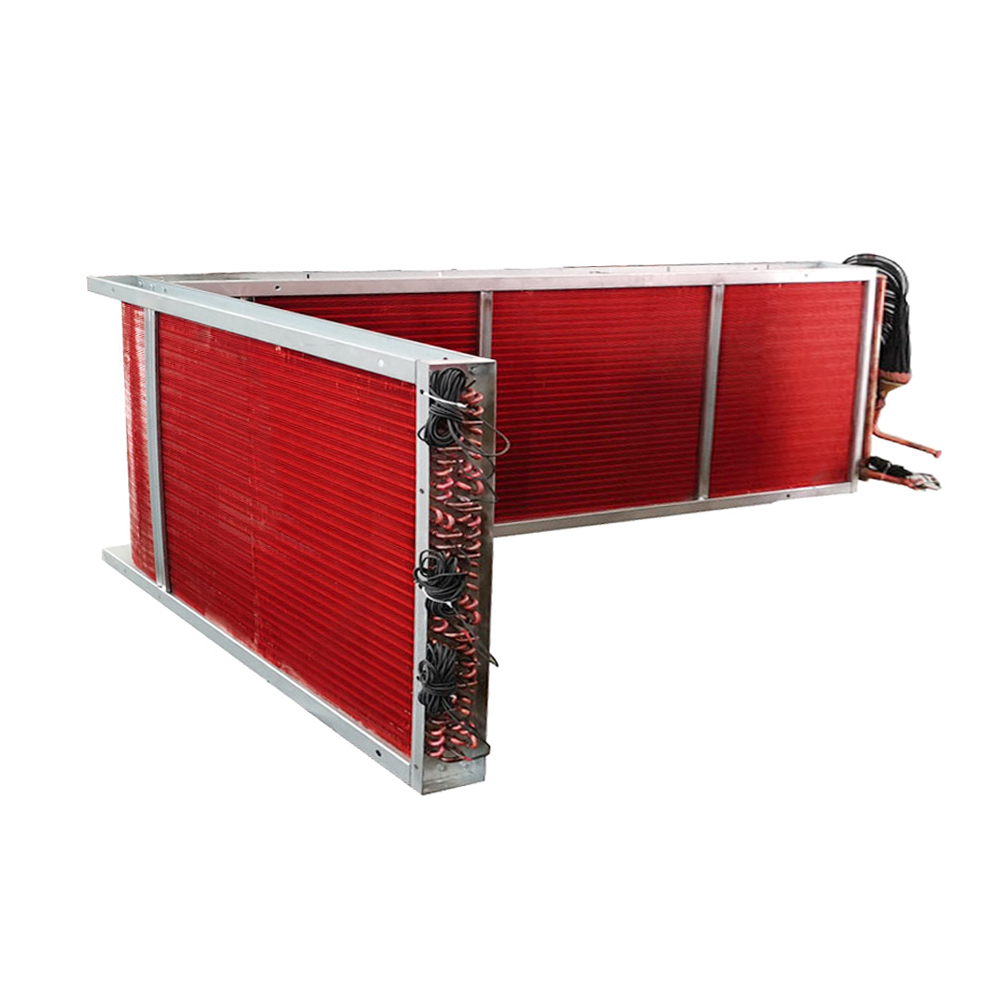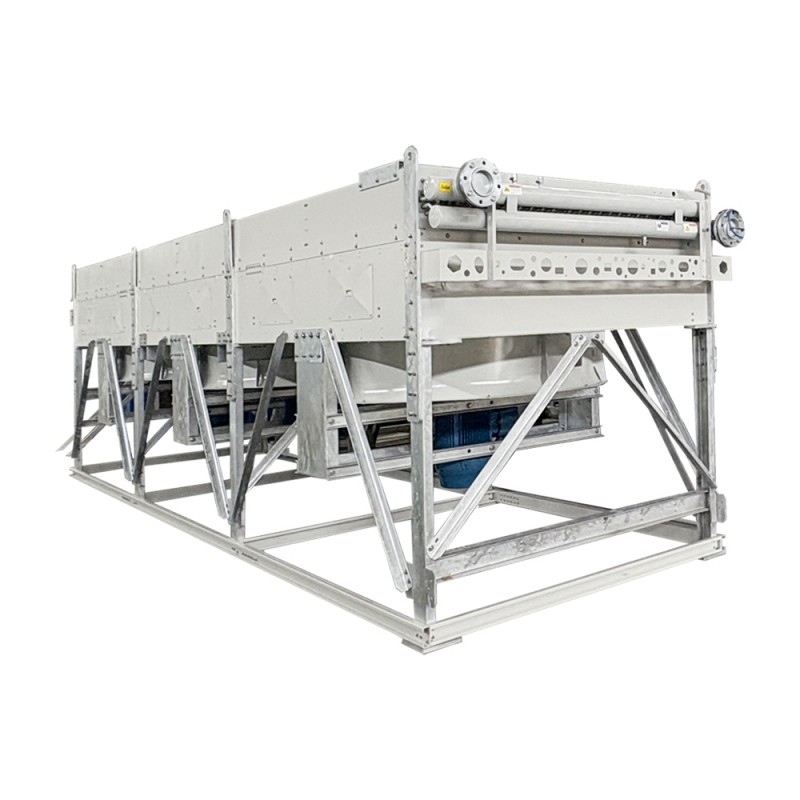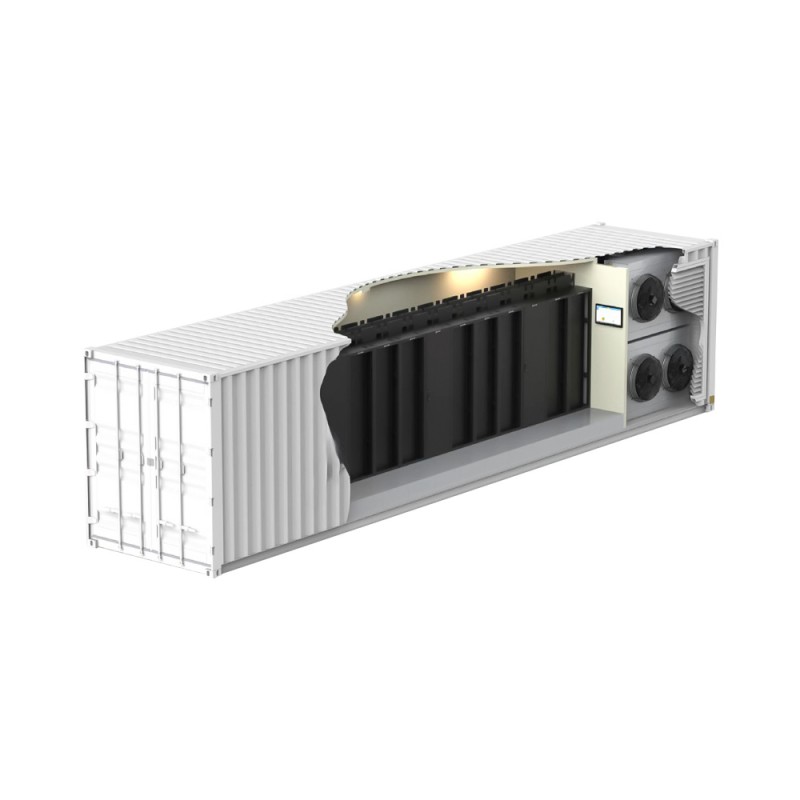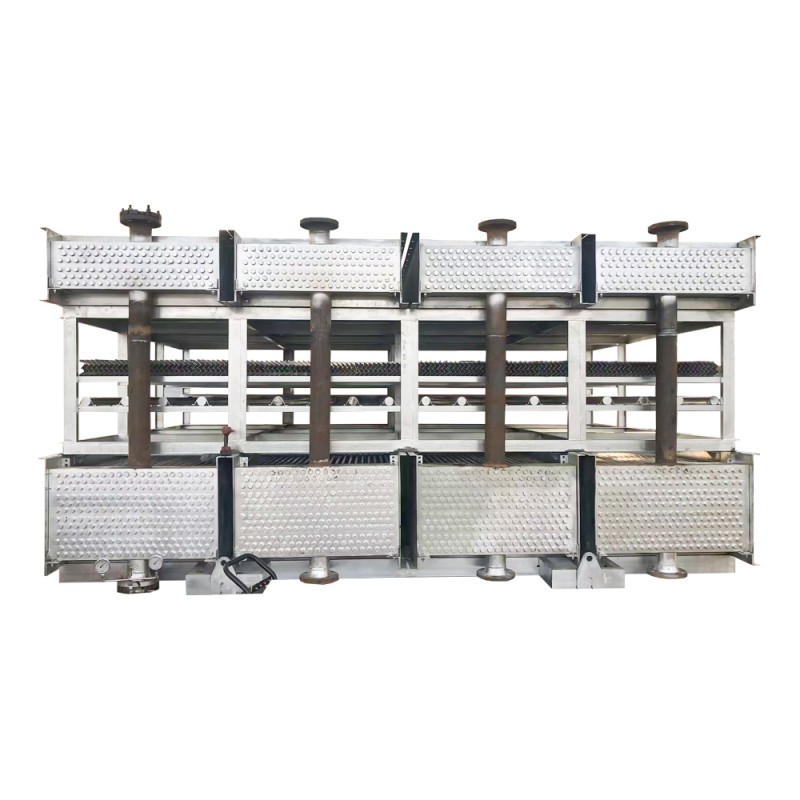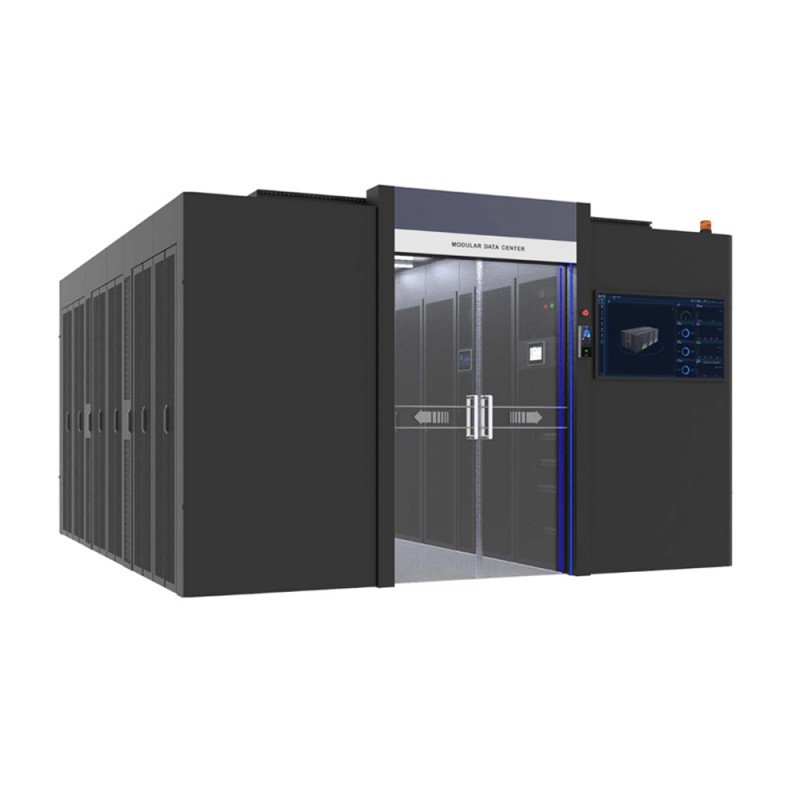Best Evaporative Cooling Tower: A Comprehensive GuideChoosing the right evaporative cooling tower can significantly impact your operation's efficiency and cost. This guide provides a comprehensive overview to help you select the best cooling tower for your specific needs. We'll explore various types, factors to consider, and best practices for installation and maintenance.
Understanding Evaporative Cooling Towers
What are Evaporative Cooling Towers?
Evaporative
cooling towers are used to reject waste heat from industrial processes and HVAC systems. They work by evaporating water, which absorbs heat from the process fluid. This results in a significant temperature reduction of the water, making them a highly efficient and cost-effective method of cooling. They are commonly employed in power generation, refrigeration, air conditioning, and industrial manufacturing.
Types of Evaporative Cooling Towers
There are several types of evaporative
cooling towers, each with its own advantages and disadvantages. The most common types include: Counterflow
Cooling Towers: These
cooling towers feature a counter-current flow of air and water, maximizing heat transfer efficiency. They are known for their high cooling capacity and are suitable for various applications. Crossflow
Cooling Towers: In crossflow
cooling towers, air and water flow perpendicularly to each other. They are generally more compact than counterflow towers, but may have slightly lower cooling efficiency. Induced Draft
Cooling Towers: These
cooling towers use fans to pull air through the tower, while gravity facilitates the water flow. This design often results in higher cooling performance. Forced Draft
Cooling Towers: Forced draft
cooling towers employ fans to push air through the tower. They can operate effectively even in challenging environmental conditions.Choosing the right type depends on factors such as available space, cooling capacity requirements, and budget constraints.
Factors to Consider When Choosing a Cooling Tower
Selecting the ideal evaporative
cooling tower requires careful consideration of several key factors:
Cooling Capacity
The cooling capacity, typically measured in tons of refrigeration (TR) or kilowatts (kW), must match the heat load of the application. Underestimating the capacity could lead to inadequate cooling, while overestimating it increases cost.
Water Consumption
Evaporative
cooling towers consume water, and the amount varies depending on the design and operating conditions. Water scarcity might necessitate the use of water conservation technologies or alternative cooling methods.
Space Requirements
Cooling towers require sufficient space for installation, operation, and maintenance. Consider the available area and potential obstructions before choosing a particular model.
Environmental Considerations
The discharge of water vapor from
cooling towers can lead to some environmental impacts, particularly in areas with water scarcity concerns. Minimizing water consumption is crucial, and efficient designs can significantly reduce these impacts.
Maintenance Requirements
Regular maintenance is essential to ensure the long-term performance and efficiency of evaporative
cooling towers. Choose a design that allows for easy access to components for cleaning and repair.
Choosing the Best Evaporative Cooling Tower for Your Needs
The optimal choice depends on a careful evaluation of your specific requirements and priorities. Considering the factors discussed above, coupled with professional consultation, will ensure a successful installation and optimal performance. For more information or assistance selecting the best evaporative
cooling tower for your project, contact
Shanghai SHENGLIN M&E Technology Co.,Ltd, a leading provider of high-quality industrial cooling solutions.
Maintenance and Operation of Evaporative Cooling Towers
Regular maintenance is crucial for the efficiency and longevity of your
cooling tower. This includes regular cleaning of the fill media and water basin, inspection of the fan blades, and monitoring the water chemistry. Ignoring maintenance could lead to reduced efficiency, increased energy consumption, and potential equipment failure.
Water Treatment
Proper water treatment is essential to prevent scaling and corrosion within the
cooling tower. Regular water testing and chemical treatment can help maintain optimal water quality and extend the life of your equipment.
Conclusion
Choosing the best evaporative
cooling tower involves understanding the different types available, the critical factors influencing selection, and the importance of regular maintenance. By carefully considering these elements, you can ensure efficient and cost-effective cooling for your specific application. Remember to consult with experts to obtain tailored advice based on your unique needs.









